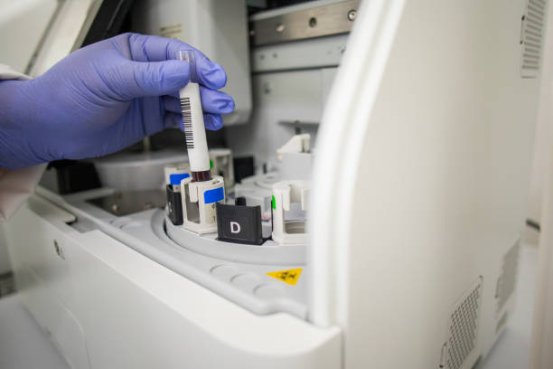Advanced lab testing provides precise diagnostics that support personalized healthcare and improve patient outcomes.

In today’s healthcare landscape, advanced lab testing is increasingly essential for accurate diagnosis and individualized treatment planning. Utilizing sophisticated diagnostic tools—from genetic sequencing to microbial analysis—these tests uncover insights that conventional methods might miss. This article explores the distinctions between advanced and standard testing, their benefits, applications, challenges, and expanding role in personalized medicine.
What Are Advanced Lab Testing Services?
Advanced lab testing encompasses state-of-the-art methods such as genomics, proteomics, and metabolomics. These tests can detect conditions earlier than traditional approaches, sometimes even before symptoms appear. Genetic testing, for instance, identifies predispositions to diseases like cancer or cardiovascular conditions, enabling early interventions. Similarly, microbial sequencing can pinpoint pathogens overlooked by standard cultures. These specialized assays require advanced equipment and expertise, typically available in dedicated laboratories.
Benefits of Advanced Lab Testing
These tests deliver high accuracy, reducing false positives and negatives, and allow clinicians to develop targeted treatment plans. Many advanced tests also produce rapid results, which is vital in critical care settings. Integration with electronic health records (EHR) enhances decision-making, while personalized medicine benefits from tailoring treatments to individual genetic or microbial profiles. As research progresses, the scope of detectable conditions continues to expand, making advanced testing a cornerstone of modern healthcare.
Challenges Associated with Advanced Lab Testing
Cost is a significant barrier, as many advanced tests are expensive and not always covered by insurance, limiting accessibility. Interpreting results can be complex, necessitating specialized expertise to prevent misdiagnosis or inappropriate treatment. Additionally, regulation in this sector is still evolving, emphasizing the importance of choosing reputable labs with proven quality standards.
Applications in Preventive and Personalized Medicine
Advanced lab testing helps clinicians assess disease susceptibility and recommend customized lifestyle modifications, screenings, or interventions. Pharmacogenomics enables precise medication selection based on genetic profiles, improving efficacy and reducing adverse effects. Advanced microbial testing identifies pathogens and resistance patterns, supporting more effective infection management. These applications place advanced testing at the heart of preventive and personalized healthcare strategies.
The Future of Advanced Lab Testing Services
Emerging technologies like artificial intelligence and machine learning are enhancing data interpretation and predictive accuracy, supporting early detection and proactive care. At-home testing kits are making diagnostics more accessible and convenient. As awareness of personalized medicine grows, regulatory oversight is expected to increase, ensuring quality and safety. These trends promise wider access, faster results, and increasingly precise healthcare solutions.
Advanced lab testing services are transforming healthcare by delivering accurate, personalized diagnostics that improve outcomes and guide individualized treatments. Despite challenges such as cost and complexity, ongoing technological innovation and growing accessibility point to a promising future for these services.
